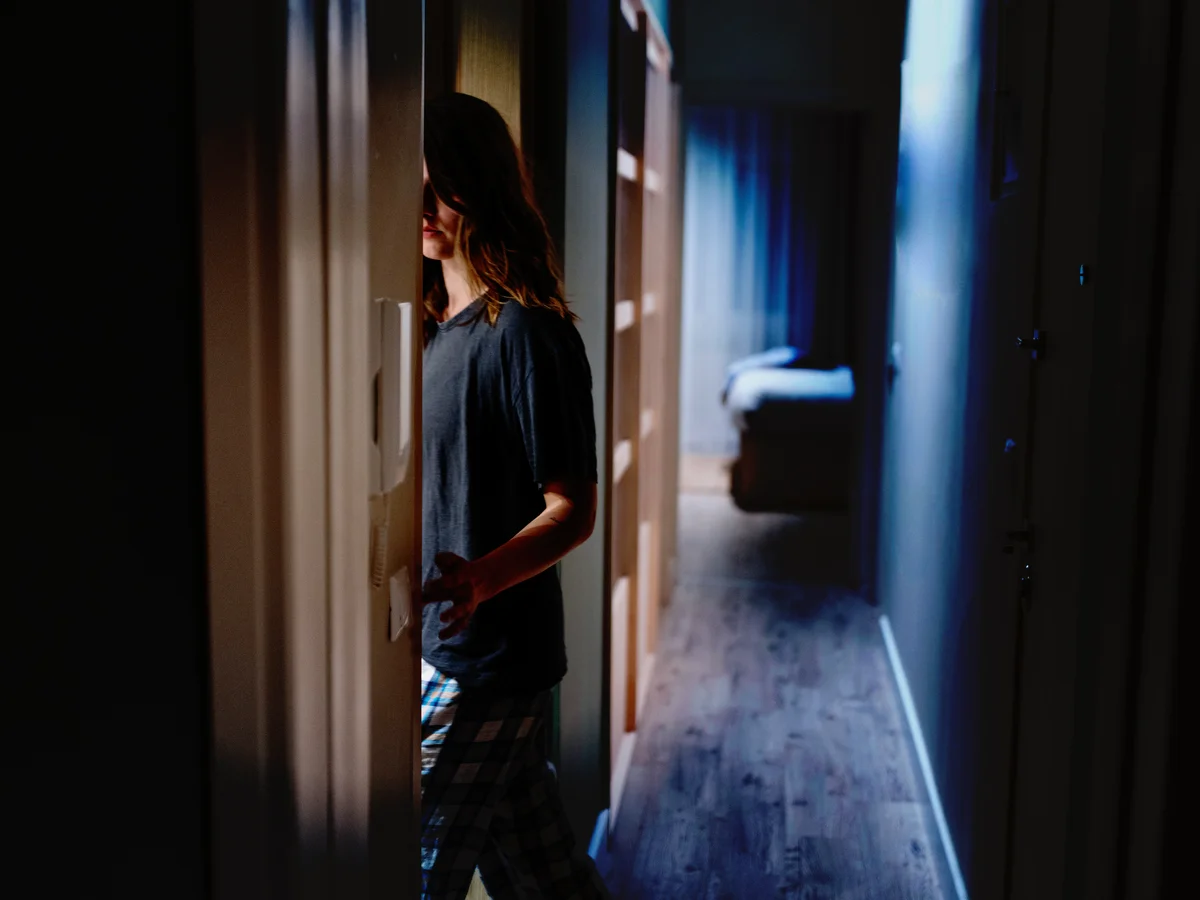Picture this: you’ve just nestled under your blanket, the day’s worries fading as your eyes grow heavy. Suddenly, a friend calls—or a loved one insists—you join them for a night out. A party, a stroll, or a quick errand. Despite your drowsiness, you convince yourself: just this once.
But what if “just this once” isn’t harmless? What if stepping out immediately after sleeping puts you at risk—physically, mentally, and even energetically?
This isn’t superstition. Science and common sense suggest there are real reasons to avoid leaving your safe, cozy space immediately after waking up.

1. Your senses aren’t fully online
When you wake from sleep, your brain isn’t operating at full capacity. Think of it like booting up a computer: systems are running, but it’s not yet ready for complex tasks. Your reflexes are slower, decision-making is impaired, and your alertness is reduced.
In this “half-asleep” state, you’re more likely to misjudge risks, stumble into accidents, or even make choices you wouldn’t normally make. Walking down a dark street or navigating crowded areas can become unexpectedly dangerous.
2. You disrupt your sleep cycle
Sleep isn’t just a pause from life—it’s your body’s time to repair, recharge, and reset. Abruptly leaving your home after sleeping interferes with this delicate rhythm.
Over time, repeated interruptions can lead to:
-
Accumulated fatigue
-
Difficulty falling asleep at night
-
Anxiety and irritability
-
Reduced focus and memory lapses
Your body needs consistency. Ignoring it for late-night activities can create long-term consequences you may not notice immediately.

3. You’re more vulnerable than you think
There’s an old belief—rooted in many cultures—that the moments right after waking are a liminal space, a fragile bridge between dreams and reality. In this state, some people believe you are more sensitive to negative energies or misfortune.
Whether or not you believe in energies, the truth is that your physical and mental defenses are lower just after waking. You’re groggy, slower, and less prepared to handle unexpected challenges.
What to Do if You Must Go Out
Sometimes, leaving after waking up is unavoidable. If that’s the case, taking precautions is crucial. Here are ways to protect yourself:
1. Give yourself time to fully wake up
Take at least 10–15 minutes before heading out. Splash cold water on your face, drink a glass of water, and mentally prepare yourself for the outside world.
2. Stretch and activate your body
Gentle stretches or light movement help increase blood flow, sharpen reflexes, and shake off grogginess. Even simple movements like neck rolls, shoulder stretches, or a short walk around your home can make a difference.
3. Know your limits
If you feel foggy, dizzy, or unfocused, consider postponing your outing. Pushing yourself can increase the risk of accidents or poor decisions.

4. Avoid driving
Driving while partially asleep is almost as dangerous as driving drunk. Opt for walking, public transportation, or ask a trusted friend or family member to drive you instead.
5. Stay alert and aware
Keep your phone charged and pay attention to your surroundings. Avoid distractions like scrolling social media or wearing headphones that block ambient sounds, especially at night.
6. Return to rest as soon as possible
Once your outing is over, go back home and try to resume sleep. Create a calm environment to help your body settle back into a restorative rhythm.
The Bottom Line
Your health—both mental and physical—depends on respecting your body’s natural cycles. While staying up and going out may seem harmless occasionally, repeated disruptions after sleeping can accumulate into serious consequences.
So next time someone invites you out the moment you wake, remember: the safest choice may simply be to stay in, breathe, and let your body finish its rest. Your future self—alert, focused, and full of energy—will thank you.